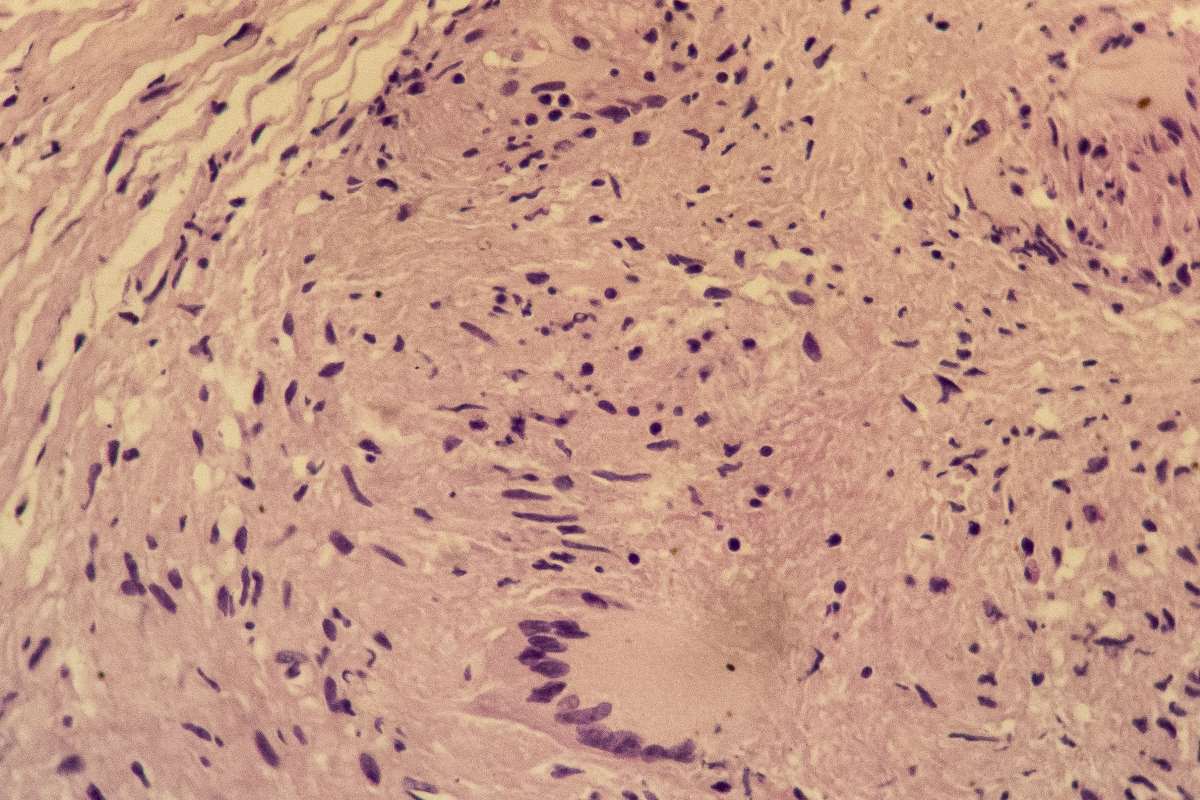
Cutanos, a spin-off from the Max Planck Society, is developing dermal targeted delivery systems for novel vaccines and immunotherapies.
Delivery of antigens to specialised immune cells, called dendritic cells (DCs), is a promising approach to developing innovative vaccines, as well as immunotherapies against cancer and autoimmune diseases. However, there are different subsets of DCs which can process the delivered antigen in different, sometimes adverse ways. This unspecific uptake can cause unwanted side effects, unnecessary off-target distribution and, as a consequence, reduced efficacy.
Cutanos wants to apply its Langerhans Cell Targeted Delivery System (LC-TDS) to provide a highly modular antigen delivery platform that only targets one specific type of DCs – Langerhans cells. The aim is to reduce drug load, increase efficacy and offer unprecedented control in antigen delivery. The cargo can be small molecules, peptides, proteins or mRNA. Since the addressed Langerhans cells are located in the top layer of the skin, LC-TDS can be administered via minimally invasive microneedles.
As mediators of immunity and tolerance, Langerhans cells are able to distinguish between foreign and endogenous antigens. Therefore, the LC-TDS can be applied in different areas for the purpose of immune activation and regulation. As a result, Cutanos is currently working on antiviral vaccines and therapies for autoimmune diseases. In addition, drug delivery can also be used to specifically kill cancerous Langerhans cells, as is necessary in cases of Langerhans cell histiocytosis, for example.
Founded in 2021, Cutanos is based in Vienna, Austria.
